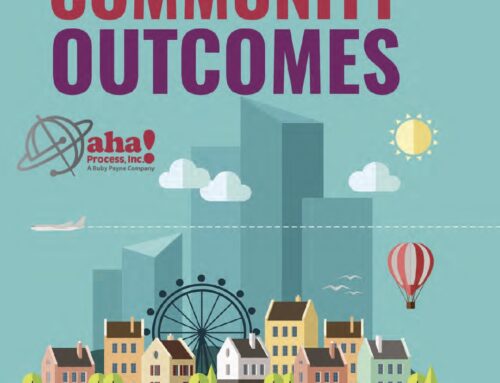People in poverty are often exploited, and when I was a little girl, my family was no exception. After I received a slap from Momma for asking too many questions, I spent the remainder of the morning sitting in stunned silence. How could I have known that asking Momma what a word in a book meant was such a bad thing to do?
After I recovered from the shock of the slap, I heard Daddy outside repairing the screen door. I wonder if the same thing will happen if I ask him a word? I asked myself. I decided it would be worth a try. “What’s this word, Daddy?” I asked him, edging onto the back porch. I pointed to the same word that I had asked Momma about earlier. “Oh, that word is special,” he answered.
 “What does it mean?”
“What does it mean?”
“Something that is special is better than ordinary things.”
“Am I special?”
“All you girls are special,” he answered with a smile.
“What about this one?”
“That’s a hard one.” Daddy hesitated, studied the word, and said, “Oh, that word is government. I don’t want to talk about that word. The government is what sent me to the war.”
I slapped the word with my hand to show Daddy I didn’t like it either. Then I closed the book, laid it on the porch, and sat down near where Daddy was working. “Daddy, a little while ago I asked Momma those two words, and she didn’t know them. It made her real mad when I asked her.”
“Your momma can’t read,” Daddy answered.
“Why not?”
“She never went to school.”
“Why not?” I couldn’t imagine never going to school.
“When your momma was young, her daddy worked in Han Creek Cotton Mills, and her family lived in a house owned by the mill. Sometimes your grandmother worked in the mill too. The family was doing okay,” Daddy never stopped mending the screen door as he talked, “and then, just about the time your momma started school, her daddy—your granddaddy—died.
“Back in those days women couldn’t rent mill houses alone, so even though she was working in the mill, your grandmother, your momma, and your momma’s brothers and sisters had to move out of the house. Two days after your granddaddy’s funeral, the mill’s police moved all their belongings to the curb.
“After that your grandmother and her kids moved from one place to another. They never had another steady place to live, and your momma never went back to school. In fact, she went to work in the mill herself when she was 12 years old.”
“That’s not much older than Josephine!” I said. “Why did she go to work in the mill so young?”
“To help support her family, for one thing,” Daddy answered, more patiently than usual. “For another thing, the war had started. The mill supervisors didn’t have enough men to keep the cotton mill running around the clock making soldiers’ uniforms, so they hired women to do the jobs. But in your momma’s case, the ‘woman’ they hired was just a girl. They hired a lot of girls during that time.”
People struggling in the tyranny of the moment may not have time and energy to fight exploitation. When the mill police put my grandmother out of her house, she had no means to resist. It was easier just to move on. But it also meant my momma never learned to read, and she went to work at age 12. And the ripple effects of that exploitation eventually reached me in the form of a slap in the face.
Bethanie Tucker is author of Tucker Signing Strategies for Reading and coauthor of Understanding and Engaging Under-Resourced College Students, among other titles. She is an aha! Process national consultant training on the programs she created, plus A Framework for Understanding Poverty, Research-Based Strategies, and others. Keep an eye on the aha! Process blog to find out what happens next in Tucker’s memoir series “Many Bridges to Cross.”








